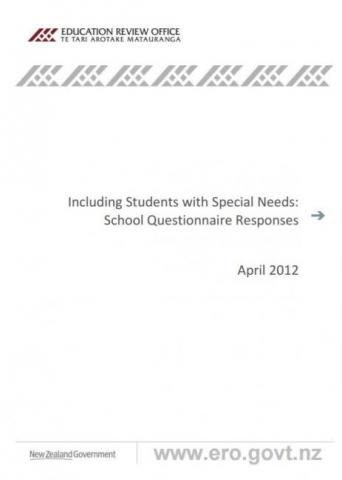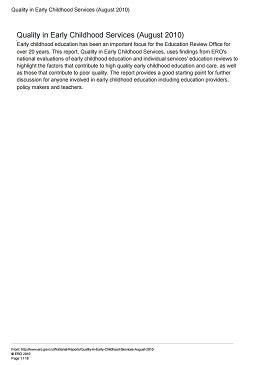Including Students with High Needs: School Questionnaire Responses (2)
Published: 09 Sep 2012
All children deserve the right to an education including those with special education needs. Through its Success for All policy, the Government expects all schools to demonstrate inclusive practice for children with special education needs by the end of 2014. This report presents the findings of a questionnaire where schools assess their own provisions for students with special education needs. It follows on from a similar report produced in early 2012.
- Audience:
- Education
- Māori-medium
- Parents
- Schools
- Content type:
- Research
- Topics:
- Special education
- High needs
- Inclusive practices
- Questionnaire
- Teacher aides
- Special education needs coordinators (SENCO)




